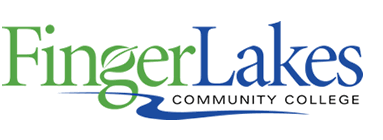Applied Learning & Internships
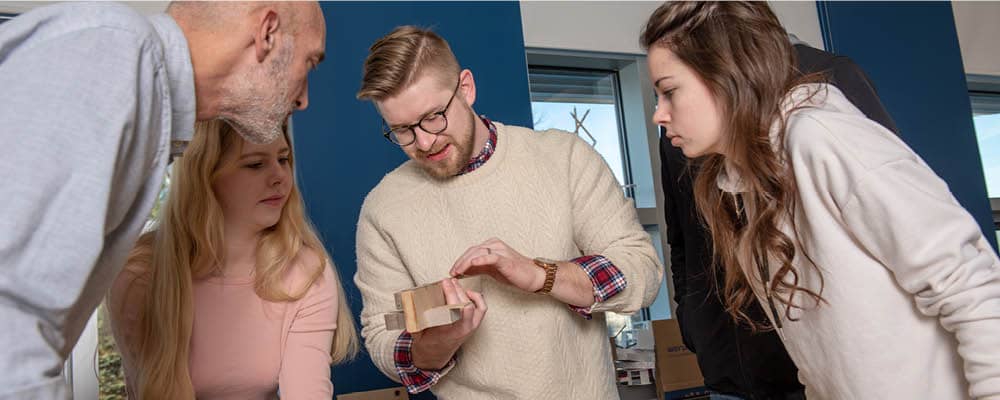
FLCC believes in the power of learning by doing. As a community college, we play an important role in the intellectual and economic growth of the region. We develop strong partnerships with government, nonprofits, and businesses to create career-ready graduates.
What is Applied Learning?
Applied learning is a form of education in which students learn through the direct application of skills, theories, and models. Students apply knowledge and skills gained from traditional classroom learning to hands-on projects in real-world settings.
Applied learning includes creative projects, independent or directed research, internships, and more. Applied learning activities can occur outside the classroom or be embedded within a course.
Internship (Credit-Bearing or Non-Credit)
Applied learning experiences for which a student may earn academic credit in an agreed-upon, short-term, supervised workplace activity, which may be related to a student's major, field, or area of interest. The work can be full or part time, on or off campus, paid or unpaid. Some institutions offer credit and non-credit bearing internships. Internships integrate classroom knowledge and theory with practical application and skills developed in professional or community settings.
Cooperative Education
Cooperative education alternates classroom learning and productive paid work experiences in a field related to a student's academic and career goals. Co-ops are formal partnerships between an educational institution, an employer, and one or more students, and they typically provide meaningful work experiences for students. Co-ops are off-campus, and they are full or part time.
Clinical Placement
Students rotate through a variety of health care agencies with faculty supervision focusing on the health care field process, with individual patients or groups reflecting diverse settings. Emphasis is on mastering theoretical concepts, improving skill competency, and developing clinical reasoning skills with a focus on evidence-based practice.
Field Study
Collection of information outside of an experimental or lab setting. This type of data collection is most often conducted in natural settings or environments and can be designed in a variety of ways for various disciplines. May be mentored, self-directed work, or comprise a full course. The projects include inquiry, design, investigation, discovery, and application.
Practicum
A period of practical experience undertaken in academic, professional, or community settings/agencies/organizations as part of an academic course. This approach is grounded in application and practice of theoretical/technical concepts/skills and cultural competency relevant to the course or to a profession.
Internships, Co-op, Clinical Placement, Field Study, and Practicums
Many FLCC programs include an internship, co-op, clinical placement, field study, or practicum prior to graduation, including:
- Accounting
- Architectural Technology
- Business
- Chemical Dependency Counseling
- Childhood Education
- Communications
- Computer Science
- Criminal Justice
- Culinary Arts
- Emergency Medical Services-Paramedic
- Environmental Conservation: Law Enforcement
- Environmental Science
- Event and Tourism Management
- Fish and Wildlife Management
- Food and Beverage Management
- Graphic Design
- Horticulture
- Hotel and Resort Management
- Human Services
- Kinesiology and Human Performance
- Music
- Music Recording Technology
- Natural Resources Conservation
- Networking and Cybersecurity
- New Media
- Nursing
- Paralegal
- Smart Systems Technologies
- Sports Studies
- Theatre Arts
- Viticulture and Wine Technology
- Web and Mobile Development
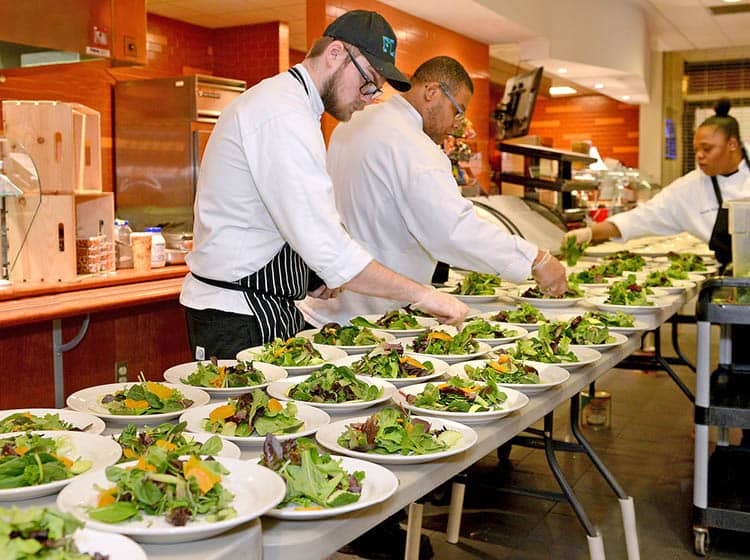
Find an Applied Learning Project Today
Ready to apply your college skills to a real-world project? Discover what options are available for you by meeting with our applied learning specialist.
Some programs have applied learning projects included in the coursework. Others have optional real-world experiences that complement what you're learning in the classroom.
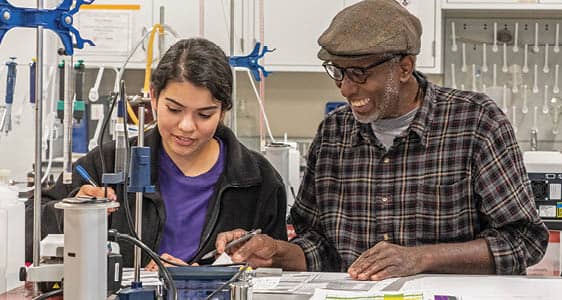
Student Resources
Talk to your advisor about applied learning opportunities in your program. Use the resources below to find additional internship and volunteer opportunities.
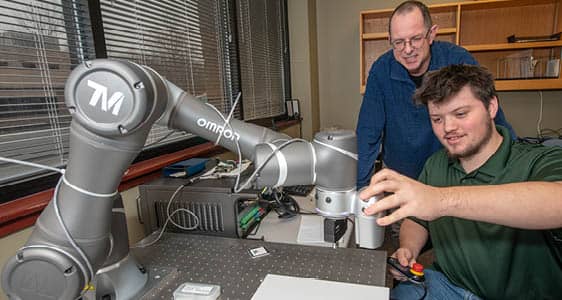
Community Partners
We're looking for new partnership opportunities with local businesses and organizations. Contact us if you're interested in hosting an applied learning program at your workplace.
Faculty & Staff
Access the Applied Learning Teamsite on the employee intranet
Contact Us
Technical Specialist-Applied Learning & Adv. Comm. Liaison
Room 4658
(585) 785-1317
linda.cunningham@flcc.edu
Hours
Mon-Fri: 8 a.m. - 4 p.m.
Schedule appointments by email.
